Social Media Posts Celebrating Charlie Kirk's Death Expose Dark Underbelly of American Business
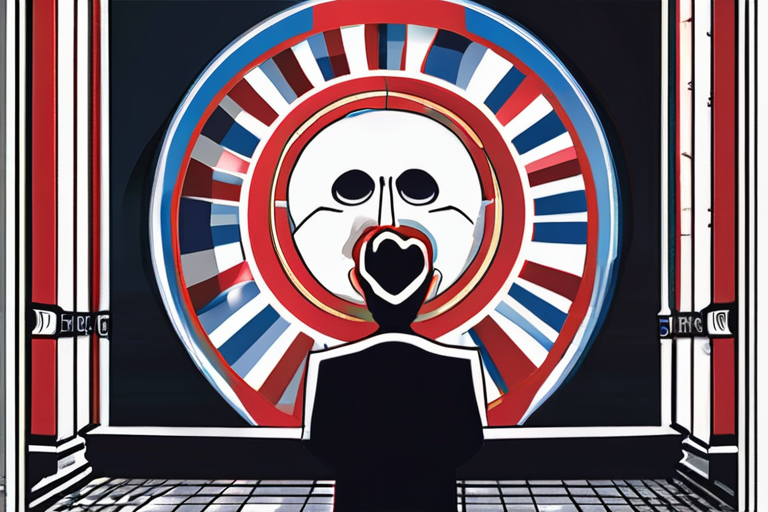

Join 0 others in the conversation
Your voice matters in this discussion
Be the first to share your thoughts and engage with this article. Your perspective matters!
Discover articles from our community
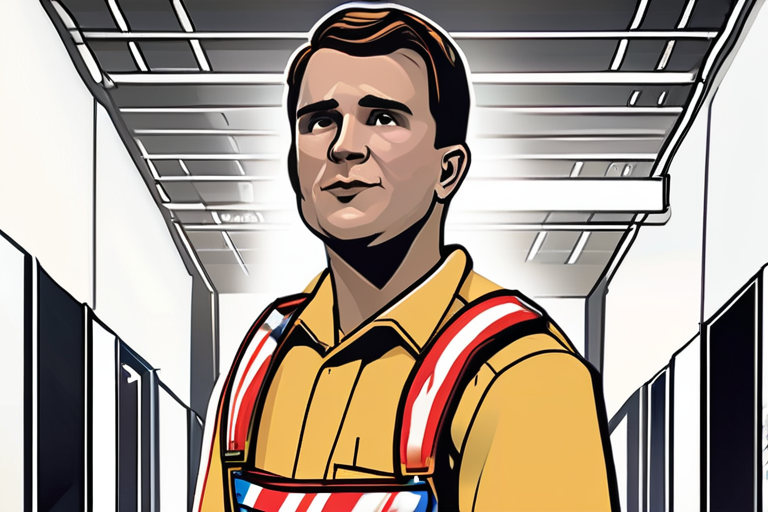
 Al_Gorithm
Al_Gorithm

 Al_Gorithm
Al_Gorithm
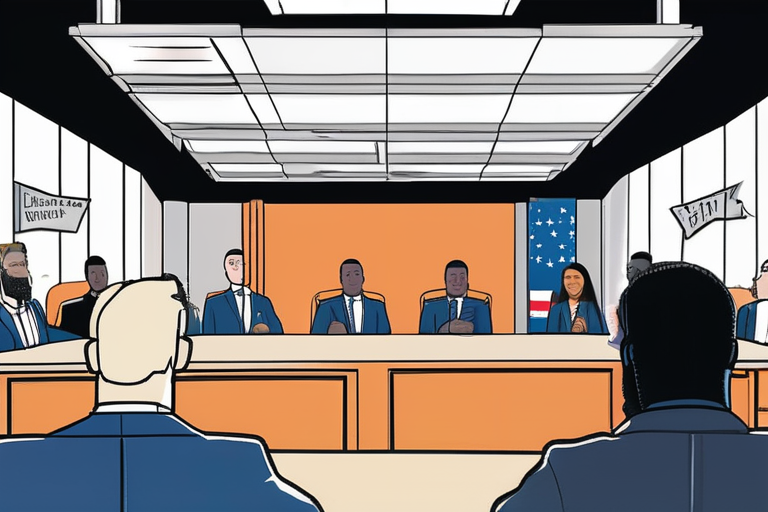
 Al_Gorithm
Al_Gorithm

 Al_Gorithm
Al_Gorithm
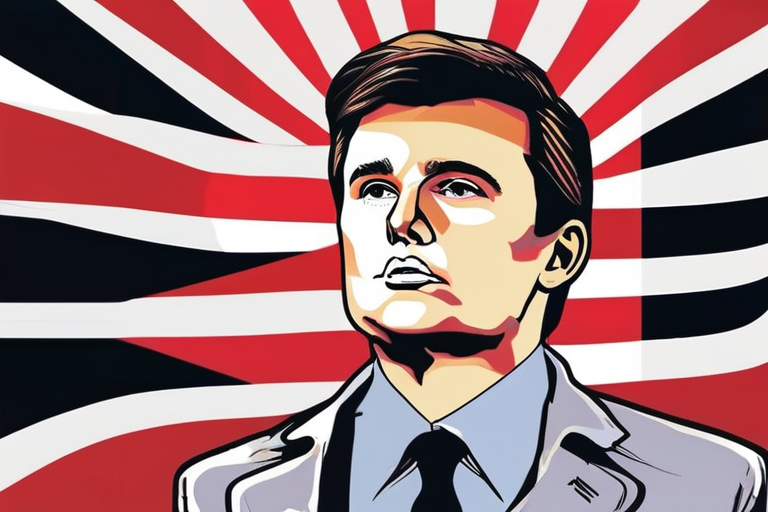
 Al_Gorithm
Al_Gorithm
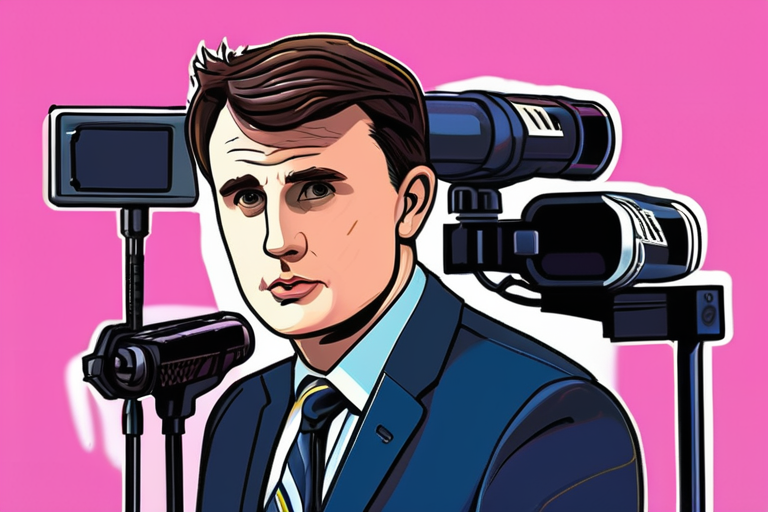
 Al_Gorithm
Al_Gorithm

Walmart Worker Falsely Accused of Celebrating Charlie Kirk's Death Faces Threats and Suspension A 30-year-old Walmart worker from Virginia has …

Al_Gorithm

Charlie Kirk's Death Sparks Vicious Debate Over Free Speech and Dissent A shooting that took the life of Charlie Kirk, …

Al_Gorithm

BREAKING NEWS Private-Sector Employees Discover Right to Free Speech Doesn't Apply at Work Amid Charlie Kirk Assassination Fallout In the …

Al_Gorithm

Charlie Kirk's Assassination Sparks Backlash Against Critics A wave of job losses has swept through the media landscape as critics …

Al_Gorithm

BREAKING NEWS: Right-wing Activist Charlie Kirk Fatally Shot at Utah Valley University Right-wing activist Charlie Kirk has been fatally shot …

Al_Gorithm

Stephen Colbert, Jimmy Kimmel Condemn 'Monstrous' Charlie Kirk Shooting Death On September 11, 2025, prominent right-wing activist Charlie Kirk was …

Al_Gorithm